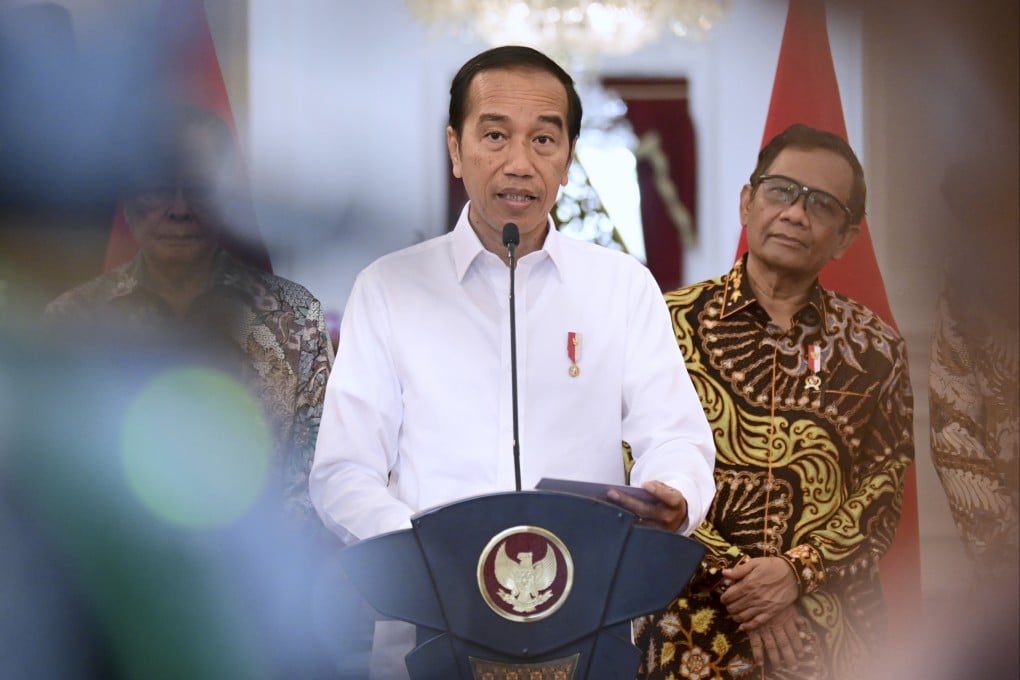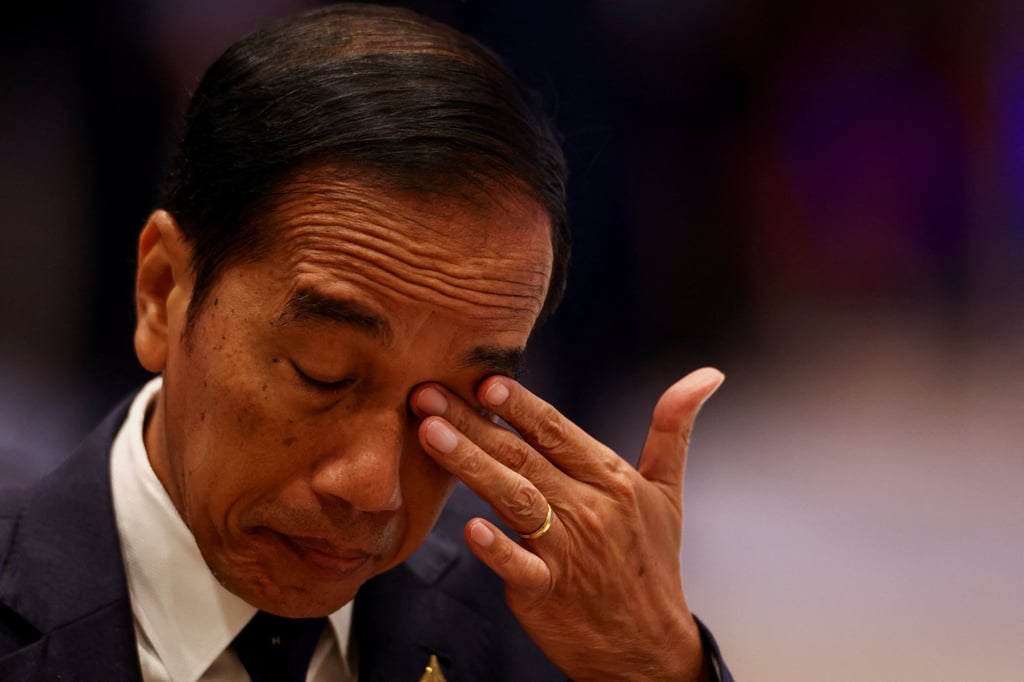Advertisement
Jokowi’s ‘small step’ to heal Indonesia falls short for older exiles, the dead: ‘the bigger step is to find the truth’
- Some survivors of past rights abuses exiled abroad are too old to benefit from Indonesian President Joko Widodo’s recent reconciliation efforts
- Meanwhile, the families of those killed under past administrations still don’t know where their relatives are buried or why they died, activists say
Reading Time:3 minutes
Why you can trust SCMP
1

Survivors of past rights abuses have welcomed Indonesian President Joko Widodo’s plan to send ministers to meet exiles in Europe as part of a drive to reconcile with victims, but activists warned that more needs to be done to “heal the wounds of the nation”.
Widodo last week expressed “deep regret” for a dozen rights breaches carried out by past administrations from the northernmost province of Aceh to the easternmost province of Papua between the 1960s and early 2000s.
Among the exiles that officials plan to meet are those who were stranded overseas during a Western-backed anti-communist purge, which is estimated to have killed more than 500,000 people.
Advertisement
Arif Harsana, an Indonesian exile in Germany who spoke to This Week in Asia and to other observers, “welcomed” the move but cautioned that the advanced age of many overseas survivors could keep them from attending the meetings.

Coordinating Minister for Political, Legal and Security Affairs Muhammad Mahfud noted that there were “numerous [Indonesian exiles], especially in Eastern Europe”, and that the government was planning to meet them to guarantee they had the same rights as any other Indonesian citizen.
Advertisement
Advertisement
Select Voice
Choose your listening speed
Get through articles 2x faster
1.25x
250 WPM
Slow
Average
Fast
1.25x